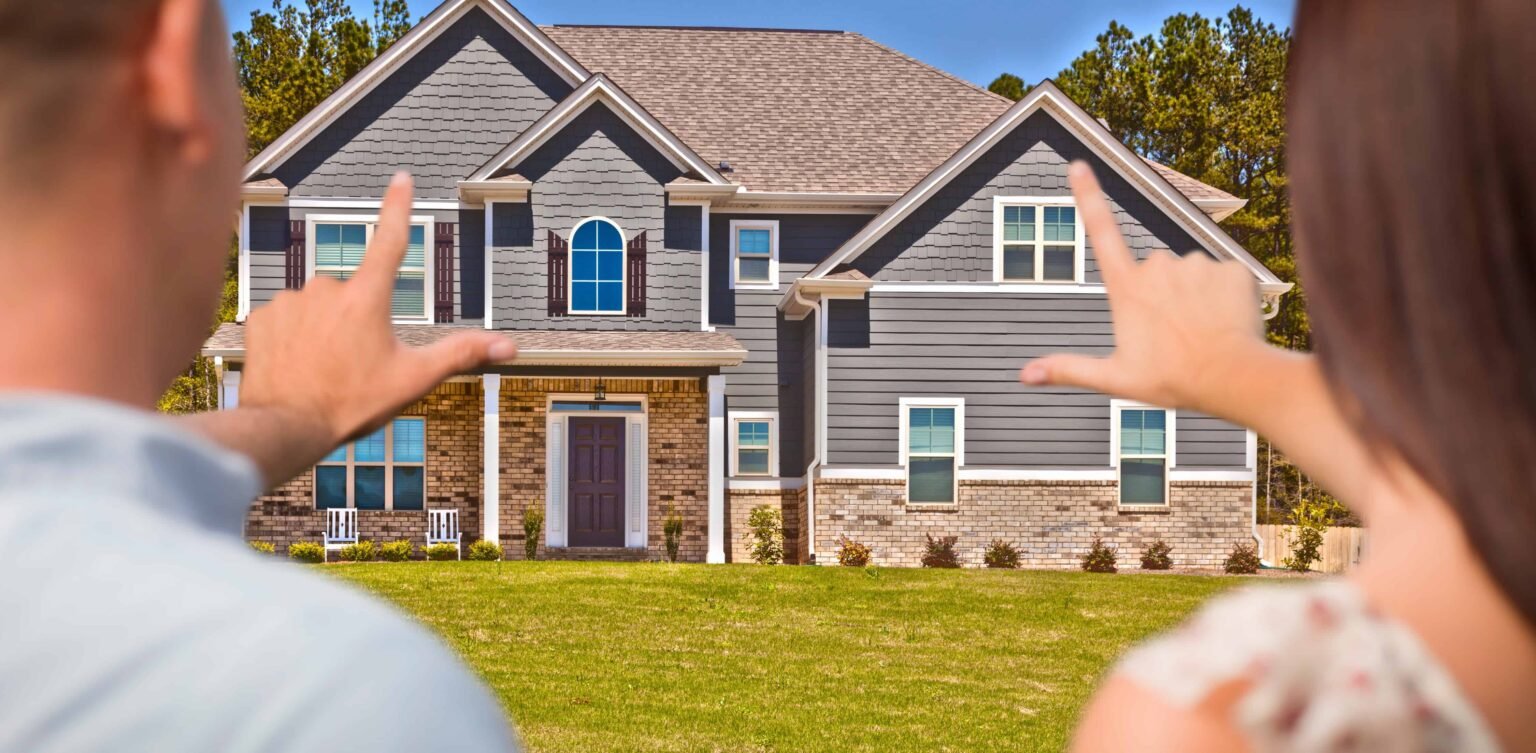Smart Living Starts Here – No Fluff!
There’s a unique charm in stepping into a home that feels just right—a space that echoes your lifestyle and priorities. Today’s discussion on attached home vs detached home takes you through real-life considerations like sharing a wall with neighbors or savoring the solitude of a standalone property. Think about the aroma of fresh-baked bread wafting from a neighbor’s kitchen versus the quiet of a private backyard perfect for summer barbecues. This post dives into the tangible differences between these two housing styles with relatable insights and practical tips. We’ll explore aspects like cost, maintenance, energy efficiency, and community vibes. Whether you’re leaning toward the cozy familiarity of an attached home or the independence of a detached home, our guide offers honest, friendly advice to help you choose a space that truly fits your life.
Understanding Attached Homes
Attached homes are often part of a row or a townhouse complex. You share one or more walls with neighbors, which can foster a strong sense of community and reduce maintenance responsibilities.
- Pros:
- Lower maintenance due to shared infrastructure
- Typically more affordable in urban areas
- A built-in sense of community
- Cons:
- Limited privacy due to shared walls
- Potential for noise transfer between units
- Less outdoor space compared to detached properties
Living in an attached home means enjoying proximity to neighbors and shared amenities. This type of living can simplify upkeep and foster communal living, making it a solid choice for those who value convenience and a built-in social network.
The Appeal of Detached Homes
Detached homes stand on their own, offering a higher degree of privacy and space. These homes often come with larger yards, which is ideal for families or anyone craving personal outdoor space.
- Pros:
- Greater privacy and independence
- More space for customization and outdoor activities
- Typically fewer restrictions from shared homeowners’ associations
- Cons:
- Higher purchase and maintenance costs
- Greater responsibility for upkeep and repairs
- Can be more isolated depending on the neighborhood
When choosing a detached home, you get the freedom to design your garden, install a new deck, or even add a pool without negotiating with neighbors. This style can be perfect for those who cherish solitude and have the means to invest in a home that stands apart from the crowd.
Comparing Costs and Maintenance
Money matters when deciding between an attached home vs detached home. Attached properties often come with lower purchase prices and shared maintenance costs, which can be a boon in densely populated areas. Detached homes, however, might require a larger upfront investment, but they offer the chance to build equity with property improvements.
- Maintenance:
- Attached homes: Often covered by a homeowners’ association (HOA) for external repairs and common areas
- Detached homes: Full responsibility for upkeep, landscaping, and exterior repairs
- Energy Efficiency:
- Attached homes may benefit from shared walls that help maintain internal temperatures
- Detached homes offer freedom for energy-efficient renovations, though they might be more exposed to external weather conditions
Lifestyle and Community Impact
Your choice between an attached home vs detached home often reflects your lifestyle preferences.
- Community:
- Attached homes usually cultivate a sense of belonging, with neighbors living in close proximity. Social events and shared spaces can create lasting friendships.
- Detached homes provide more solitude, which is perfect if you prefer a quieter, more private setting.
- Personal Space:
- Detached properties typically offer larger yards and more room for creative outdoor projects.
- Attached homes might limit outdoor customization but can enhance safety with visible community oversight.
Think of it like choosing between a lively neighborhood block party and a quiet afternoon in a secluded garden. Both offer distinct benefits that cater to different lifestyles.
Energy Efficiency and Environmental Considerations
Energy costs and environmental impact are increasingly important in today’s housing market.
- Attached Homes:
- Shared walls reduce heat loss, which can lower energy bills during extreme weather conditions.
- Typically built in urban settings, which might reduce your carbon footprint by cutting down on commuting distances.
- Detached Homes:
- They offer the chance to incorporate customized eco-friendly upgrades, such as solar panels or high-efficiency insulation.
- However, the larger space and increased exterior exposure might lead to higher energy consumption if not managed carefully.
Making the Right Choice for You
Deciding on an attached home vs detached home boils down to weighing your priorities.
- Cost and Investment: Evaluate your budget, considering both upfront costs and long-term maintenance.
- Lifestyle Needs: Do you crave community and convenience, or do you value privacy and independence?
- Future Plans: Consider your long-term goals. Are you planning to start a family or invest in home improvements?
Practical Tips for Homebuyers
When you’re ready to take the plunge, keep these tips in mind:
- Research the Neighborhood: Walk the area at different times of day. Check out local amenities, schools, and community vibe.
- Review HOA Rules: If you’re leaning toward an attached home, make sure you’re comfortable with the homeowners’ association’s regulations.
- Budget for Upkeep: Don’t just consider the mortgage—factor in maintenance costs, property taxes, and energy bills.
- Plan for Resale: Think about future market trends and how your home choice might affect its resale value.
- Consult Experts: Talk to real estate agents, mortgage advisors, and even friends who’ve made similar choices. Their firsthand experiences can provide invaluable insights.
Final Words
Choosing between an attached home vs detached home isn’t a one-size-fits-all decision. It’s about matching your personal needs with the property that best fits your lifestyle. From shared walls and community perks to private yards and complete independence, both options have unique advantages and challenges. By carefully weighing factors like cost, maintenance, energy efficiency, and lifestyle preferences, you can make an informed decision that enhances your everyday living.
Here’s what makes it all click: the perfect home isn’t just a roof over your head—it’s a place where your life unfolds seamlessly. Take the time to visit neighborhoods, talk to residents, and envision your future in each setting. In doing so, you’ll be one step closer to finding that ideal spot that truly feels like home.
Remember, your home is more than just a building—it’s the backdrop for your memories, your celebrations, and your quiet moments of reflection. Choose a space that not only meets your practical needs but also nurtures the way you live.





